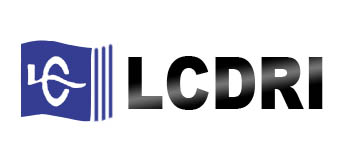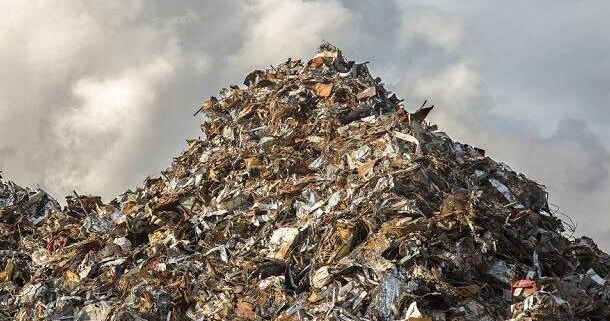Hazardous waste is a kind of solid waste. In general, the industry is used to divide solid waste into general solid waste and hazardous waste. Generally speaking, solid waste refers to general solid waste.
Hazardous waste identification method
According to the relevant provisions of the law on the prevention and control of environmental pollution by solid waste, hazardous waste refers to the solid waste with hazardous characteristics listed in the directory or identified according to the identification standards and methods for hazardous waste stipulated by the state. In the practice of hazardous waste disposal, when the environmental protection department determines whether the substance discharged, dumped and disposed by the enterprise belongs to the hazardous waste, it shall first determine whether the substance belongs to the substance listed in the list according to the list. If the substance is not listed in the list, then it shall determine whether the substance has hazardous characteristics according to the national hazardous waste identification standards and methods, and at the same time, it shall determine whether the substance has hazardous characteristics Whether the substance belongs to solid waste.
General solid waste and hazardous waste treatment units are different
For general solid wastes, the enterprise can store, transport and dispose of them by itself on the basis of providing relevant information to the local environmental protection department; once they are determined to be hazardous wastes, the enterprise must hand them over to the organization with relevant treatment qualification for harmless treatment. Enterprises shall not dispose of hazardous wastes without permission, otherwise it is illegal.
In addition, the penalties for illegal disposal of hazardous wastes and general solid wastes are not the same, and they are subject to different legal provisions. The harm of hazardous waste is greater, and the punishment for illegal disposal of hazardous waste is greater.
The treatment of hazardous waste and solid waste is quite different
1. Hazardous wastes must be classified and treated strictly: general industrial solid wastes do not need qualification or classified treatment; while hazardous wastes cannot be mixed into non hazardous wastes for storage. Hazardous wastes must be collected and stored according to the characteristics of hazardous wastes. It is forbidden to mix hazardous wastes that are incompatible in nature but not disposed safely.
2. Hazardous wastes must be protected strictly: the storage of hazardous wastes must be protected in accordance with the national environmental protection standards, and shall not exceed one year; if it is necessary to extend the time limit, it must be reported to the competent administrative department of environmental protection that approved the original business license for approval; unless otherwise stipulated by laws and administrative laws and regulations.
Units and individuals that collect, store, transport, utilize and dispose of solid waste must take measures to prevent dispersion, loss, leakage or other pollution
Environmental measures; it is not allowed to dump, stack, discard or leave solid waste without authorization.
3. Hazardous waste treatment must have the qualification of business license: units engaged in the collection, storage and disposal of hazardous waste must apply to the competent administrative department of environmental protection of the people’s government at or above the county level for business license; units engaged in the utilization of hazardous waste must apply to the State Council for environmental protection.
The competent administrative department or the competent administrative department of environmental protection of the people’s Government of a province, autonomous region or municipality directly under the central government shall apply for a business license. The specific administrative measures shall be formulated by the State Council.
China’s law also expressly prohibits the business activities of collecting, storing, utilizing and disposing hazardous wastes without business license or not in accordance with the provisions of the business license.
Hazardous waste treatment involves many links such as production waste, storage, transportation and disposal. The operation and disposal unit must make arrangements for personnel, equipment, disposal plan, contract and finance.



